As the world shifts due to climate change, supply chain issues, and evolving consumer habits, the definition of luxury is changing. Items that are currently common could become hard to access or priced out of reach. This transformation is already underway across many industries. What people take for granted today may soon become symbols of status and privilege. Here are 10 things that are likely to be considered luxury items within the next decade.
Clean Drinking Water
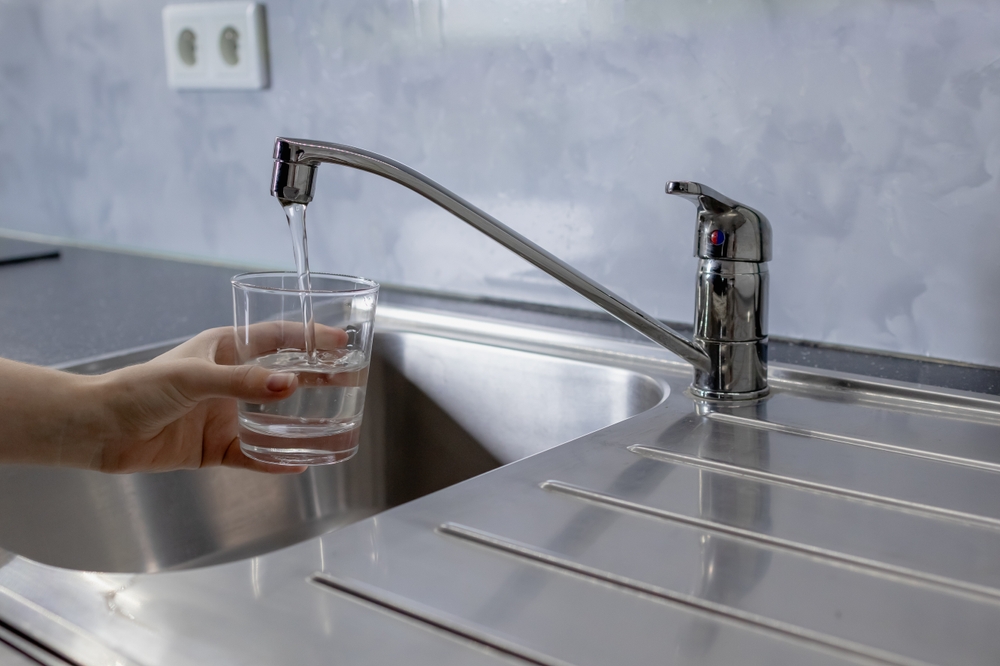
Access to clean, safe drinking water is already a challenge in parts of the world. Climate changes, pollution, and outdated infrastructure are making it worse. As fresh water becomes scarcer, bottled water and home filtration systems may become standard in wealthier homes but remain out of reach for others. In some cities, water shortages are forcing restrictions. In the future, pure water could be treated the same way wine is today, with brand comparisons and luxury pricing. Countries with abundant fresh water may even begin exporting it like oil.
High-Quality Fresh Produce
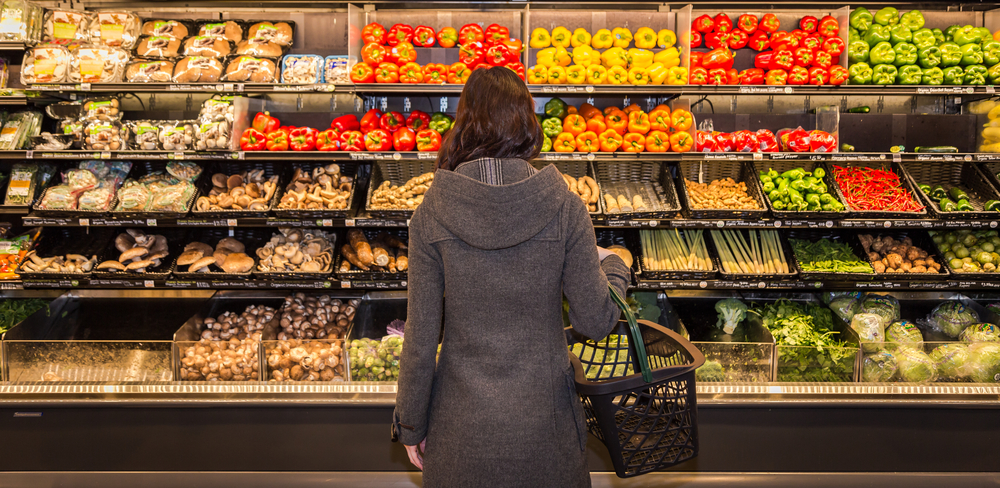
Farm-fresh fruits and vegetables, especially those that are organically grown, could be reclassified as luxury goods. Crop failures due to extreme weather, soil degradation, and water scarcity are already affecting yields. Fresh strawberries in winter or out-of-season avocados may become expensive or unavailable for the average person. Only high-end stores or upscale restaurants may stock perfect, unblemished produce. The rest of the population might rely on frozen or lab-grown options. The crisp crunch of a locally grown apple could be a memory reserved for the wealthy.
Uninterrupted Electricity

As power grids age and demand increases, reliable electricity may no longer be something everyone can count on. Energy costs are rising globally. Blackouts and rolling outages are becoming more frequent in certain regions. Homeowners with backup batteries or solar systems will have a clear advantage. In cities with unstable grids, uninterrupted power could become a premium service. Apartment buildings might advertise reliable electricity the same way they currently highlight pools or fitness centers. For many, consistent power could soon be something to aspire to rather than expect.
Personal Vehicles

Car ownership, once seen as a basic sign of independence, may become more exclusive. Gasoline prices, EV production shortages, and urban policies limiting traffic are changing the landscape. Owning a car may no longer be practical in crowded or heavily regulated areas. Ride-sharing and public transport may become the norm, with private cars seen as a luxury for those who can afford the cost of fuel, insurance, parking, and maintenance. Classic vehicles or high-end electric cars could become collector’s items rather than common tools.
Meat and Dairy Products
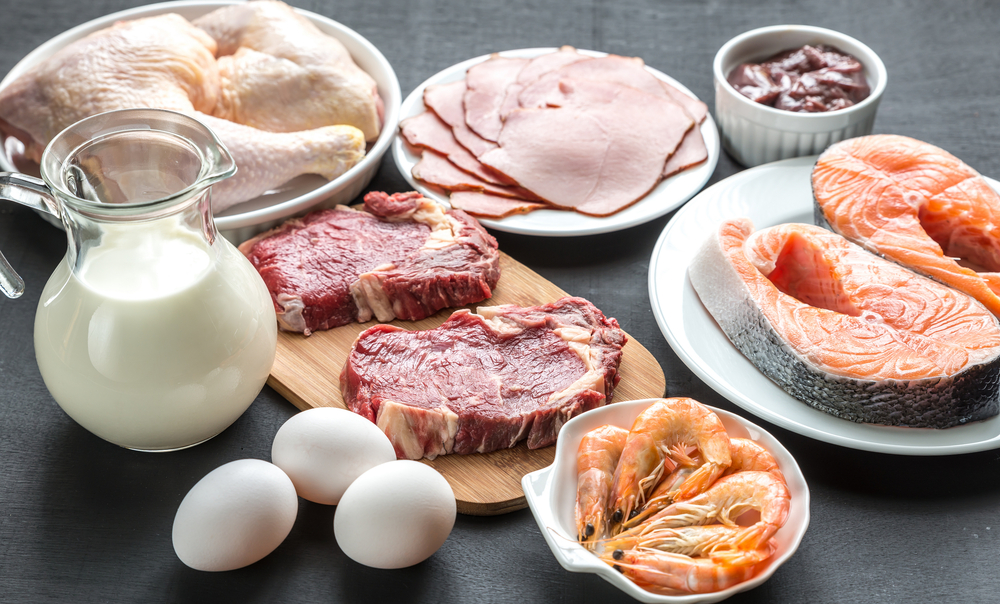
Traditional meat and dairy are facing pressure from both supply limitations and consumer ethics. As feed becomes more expensive and land is repurposed for housing or renewable energy, raising livestock will cost more. At the same time, plant-based and lab-grown alternatives are improving. Steaks, cheese, and milk from animals might become rare treats served in fine dining restaurants or sold at luxury grocers. Everyday meals may consist of synthetic proteins or vegetable-based substitutes. Only the wealthy may continue to afford the taste of a traditional cheeseburger.
Read More: The 11 Secret Home Items Happy People Swear By
Quiet Spaces

Silence is becoming harder to find. With dense urbanization, 24-hour connectivity, and constant alerts from phones and digital billboards, quiet moments are rare. Spaces that offer peace, solitude, and calm could be seen as premium experiences. Soundproof homes, meditation retreats, and luxury resorts in remote areas might become highly desirable. Noise-canceling technology may be built into future architecture. A truly quiet space could be marketed as a luxury the same way beach views or rooftop terraces are today. Peace and quiet might soon carry a hefty price tag.
Natural Fabrics and Materials
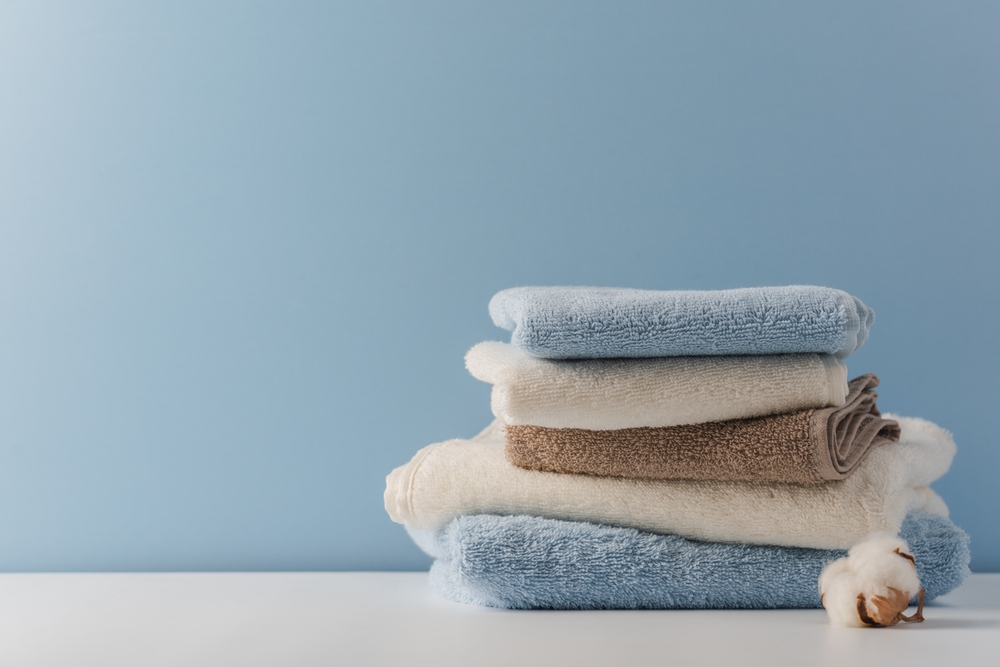
Cotton, linen, wool, and other natural fibers are resource-intensive to produce. As synthetic textiles dominate the fast fashion market, clothing made from natural materials could become symbols of status. Rising labor costs, water restrictions, and environmental regulations may make these products more expensive to manufacture. Consumers may begin to associate pure cotton or ethically sourced wool with the same prestige currently given to designer labels. Even furniture or bedding made with real wood or organic cotton could be priced beyond the average budget.
Physical Books and Printed Media
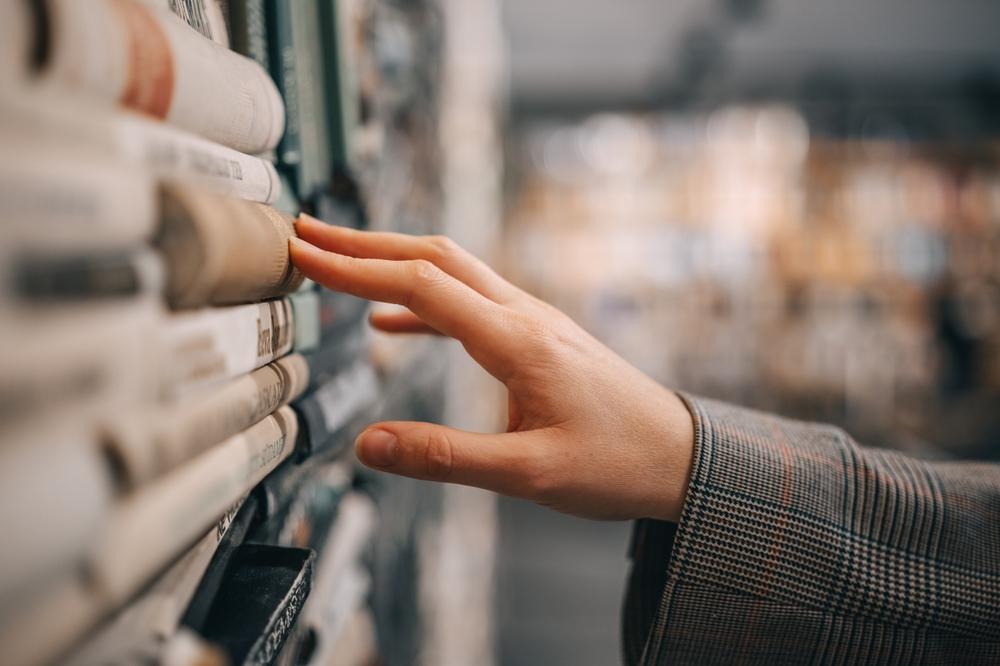
In a digital-first world, the feel of a printed book or newspaper may become a novelty. Many publishers are cutting back on printing due to rising paper and shipping costs. Libraries are shrinking, and bookstores are closing. As content moves online, paper media could take on a nostalgic, collectible quality. Limited edition books, print magazines, and even personal journals may be treated like art pieces. Wealthy individuals might invest in custom-bound volumes or antique editions as a display of taste. Printed knowledge could shift from common to coveted.
Homeownership

Owning property has always been a financial goal, but in many places, it is quickly moving out of reach. Urban housing markets are rising faster than wages. Younger generations are finding it harder to buy homes due to high deposits and restrictive loans. Owning a home, especially one with land or located in a safe area, might be reserved for the upper class. Renters could dominate the population, while homeowners become a shrinking group. Real estate may be less about shelter and more about wealth preservation and power.
Time Offline

As everything becomes digitized, time spent away from screens will be more rare and more precious. Those who can afford to disconnect will do so in controlled environments like off-grid resorts or tech-free zones. The average person may be tethered to work emails, streaming services, and virtual meetings. Taking time off or traveling without digital interruption could become a status symbol. The ability to say “I’m unreachable” might be one of the ultimate luxuries in a hyper-connected world. Time itself could be the most valuable asset of all.
The Bigger Picture

Many of these shifts are already underway. Supply chains are tighter, climate conditions are worsening, and economies are adapting. Luxury is no longer just about price tags or designer brands. It is about access, freedom, and stability. As priorities change, society will likely redefine what it means to live comfortably.
While these future luxuries might sound unsettling, they also signal opportunity. Awareness of these shifts can help people prepare, adapt, and make smart choices now. Prioritizing sustainability, investing in resilience, and rethinking daily habits could create more access for everyone in the long term. The future may not be equally distributed, but it is not yet fixed. Choices made today will shape what is considered luxury tomorrow.
Read More: 7 Smart Reasons to Delay Buying a Home During Tariff Turmoil
Disclaimers: This article was created with AI assistance and edited by a human for accuracy and clarity.
